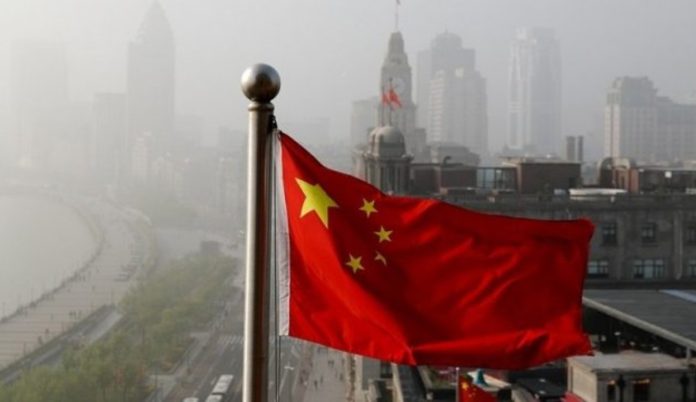The slowdown in China's economy has greatly influenced European companies, including luxurious car brands and car manufacturers. Famous companies, such as Hugo Boss Ag, Burberry Group Plc and Daimler Truck Holding AG, have already suffered losses due to a decrease in demand in China, Bloomberg reports.
LVMH, one of the largest conglomerates in the field of luxury goods, has also suffered a significant decrease in sales in the region, including China, with a fall by 14% in the second quarter. Fewer money spent on European goods has serious consequences for companies, stock value, companies and even jobs. For example, Swatch Group recorded a 30% sales fall in China in the first half of the year and reduces production.
Company executives can hope that it is a short -term outbreak, but it is unclear how China will change the situation. Beijing faced several problems, from deepening the crisis of ownership to the recession of consumer costs and increased intensity in trade. Goldman Sachs strategists recommend that investors sell European actions that receive most of their sales from China.
"We are concerned about China's influence. Income warnings from European companies have already indicated the risk of weaker than expected, in China, especially consumers," said a senior strategist from several PICTet Asset Management Arun Saun Saun.
Luxury brands, which have previously flourished in China's profitable market, are now experiencing pressure due to the slowdown in the economy. Hugo Boss and Burberry shares were injured last week after releasing income warnings. The German manufacturer of Porsche AG cars has also suffered losses due to a shortage of deliveries and slowing sales in China.
Manufacturers of industrial goods were also blowing after ABB Ltd reported a two -digit drop in Chinese orders in their report for the quarter.
Despite the recent announcement of Chinese authorities about increasing measures, the lack of urgency in increasing demand or stopping the fall of real estate leaves European companies in uncertainty. Those who have benefited during a boom in China are likely to face the further slowdown in Chinese demand for foreign goods and services.
Germany, which supplies half of the European Union exports to China, is particularly vulnerable. "China's inner weakness was a long -standing obstacle, but was overshadowed by the United States. Now, when both regions seem to be slowing down, Europe's restoration is again vulnerable to external forces," - said in a note of strategists, led by Jerry Fowler.
China is also a problem for some European manufacturers because it becomes a competitor that threatens in a number of sectors from semiconductors to chemicals. This rivalry is also manifested in the form of tariffs when the EU enters temporary duties on electric vehicles made in China.


